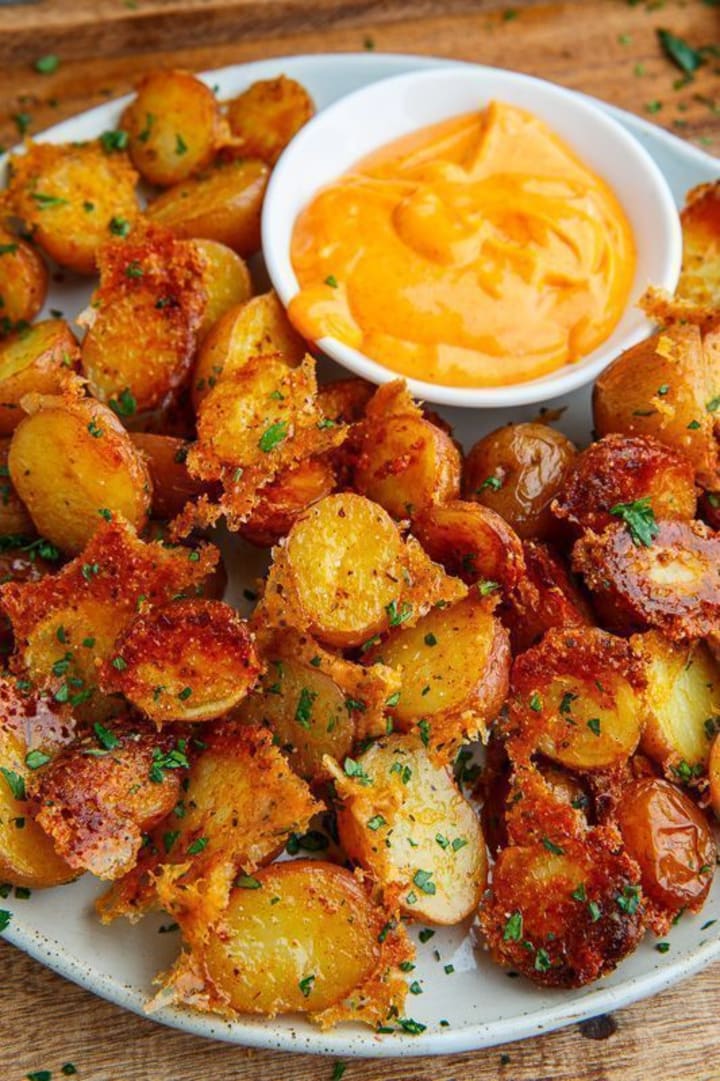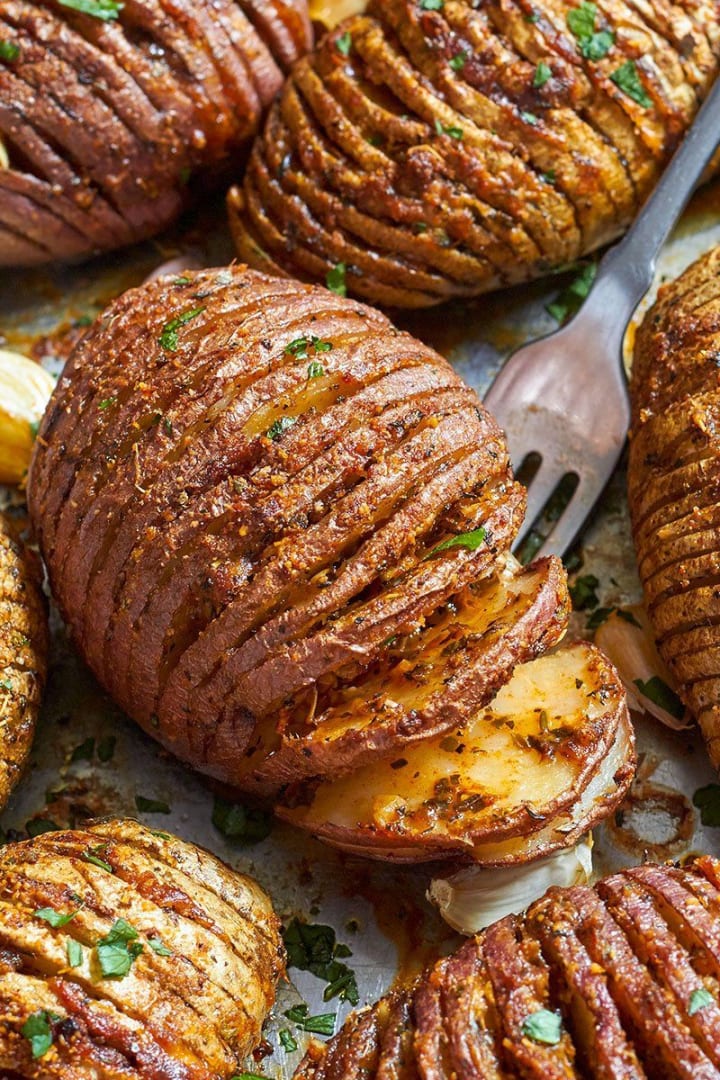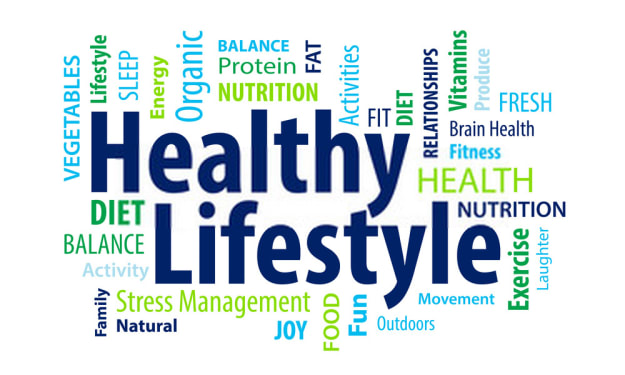"Embracing Spuds: A Guide to Understanding Unprocessed Whole Foods (UPFs)"
"Decoding the Health Hazards: Unveiling the Dangers Lurking Within Ultra-Processed Foods"


The book "Bad Water" offers a comprehensive theoretical examination of the late 19th and early 20th century efforts of activists and philosophers in Japan to bring back the natural world into social and political discourse.
According to Robert Stolz, industrial pollution undermined the independent liberal subject that served as the foundation for the Meiji state's political ideology by eloquently exposing the mutual penetration of humans and environment.
Socialism and moral economy were combined in the decades that followed in an effort to provide fresh explanations for a contemporary political subject and a social structure suitable for the environmental catastrophe.
.ONE OF SUCH CATASTROPHES LEAD THROUGH THE FOOD INDUSTRY AS WELL.
All experts concur that we should be cautious of foods referred to as ultra-processed foods (UPFs). The word refers to foods that have undergone extensive industrial processing, producing nutrient-poor, energy-dense foods that are also heavy in sugar, bad fats, and salt.
In the field of public health, efforts have been undertaken to establish an authoritative definition of ultra-processed foods. One uses the phrase "industrial food and drink formulations made of food-derived substances and additives, often containing little or no whole foods" in the NOVA food classification system, which was developed by researchers in Brazil.
That is a respectable definition.
However, for those of us who are not academics, it may be simpler to think of UPFs as foods that are rather low in nutrients and quite unlike from the original whole foods from which they are manufactured.
According to nutritionist Dr. Sally Mackay, co-chair of the Food Expert Panel of Health Coalition Aotearoa, "it's often the foods where you can't tell what the ingredients are, or they look nothing like the raw ingredients that went into them."
Therefore, something like bread is fairly familiar, and you usually know that it contains wheat. However, with Nutrigrain cereal, you have to guess which grains are present.
According to Mackay, UPFs vary.
This is a pretty broad category of goods, and it includes items like Vogel's bread that one might not automatically associate with being ultra-processed.
Many of us consume some of these foods, according to Mackay.
People will always consume highly processed meals, it is a fact. Without them, maintaining a diet is extremely difficult. However, we would really like to discourage people from consuming items that are extremely processed in favour of those that they might be able to incorporate into a balanced diet.
Yoghurt, for instance, only has to have milk and culture added to it to be minimally processed. Or it could be highly processed, with added sugar, flavours, thickeners, syrups, and other additions.
Cereal can be made from wholegrain oats or from oats that have undergone intense processing, such as being extruded, refined, and moulded into novel shapes while being heavily supplemented with other ingredients. When you examine the two foods' nutritional profiles, you'll notice significant differences.
Why are meals that are highly processed so terrible for us?
How much time do you have? There are several of them.
UPFs typically lack nutrients and are high in energy. The nutrients that might have been included in the original ingredients have been removed by the processing. They frequently include toxic trans fats and have additional sugar, salt, and fat. They typically also include other additives like flavorings, colors, and preservatives.
UPFs are simple to overeat since that is how they were created. Because of all those enticing ingredients, UPFs are really alluring and delicious. They are really simple to overeat because of this. They are also effective at replacing other nutritious items in the diet, which implies that when we consume them, we are more prone to consume unhealthy foods.
UPFs frequently lack fibre because during food processing, nutritive components of the original product, such as the fruit flesh or the outer shell of the grain, were removed.
Finally, because UPFs are inexpensive to produce, they are very profitable. At times, they are actively sold to the most gullible demographics, such children. Mackay's Health Coalition is requesting regulation in opposition to that, which seems sensible considering that UPFs have been found to account for as much as half of the energy in toddlers' diets in Aotearoa.
These attributes all probably contribute to bad health. High intakes of ultra-processed foods have been linked in research on UPFs to greater risks of obesity, heart disease, stroke, type 2 diabetes, cancer, frailty, depression, and early death.
UPFs are associated with weight gain as well. According to an intriguing laboratory study, those who were assigned an ultra-processed diet consumed roughly 500 extra calories (2,100 kilojoules) daily than those who were offered a minimally processed diet, and as a result, gained over a kilo on average in just two weeks. They dropped almost the same amount of weight while following the less processed diet.
What's the greatest way to reduce UPFs in our daily lives?

"69% of the foods on the market are extremely processed, according to the statistics. It's fairly difficult to avoid them," adds Mackay.
She names "those highly extruded snacks" as some of the worst possible UPFs.
"The other day at work, someone offered me a packet of something... I had no idea what you had just presented to me as I stared at it. It looks like a fluffy, beige, circular object. And I have no idea of its composition. I was clueless.
According to Mackay, a healthy diet should balance UPFs with whole foods and consider all items in the context of the overall picture.
"If you can identify the source of the food or the ingredients, that's a good start. Where possible, choose less processed foods, but feel free to include certain ultra-processed items for convenience and flavour.
"However, it is obviously better for your health if the majority of the foods you eat on a daily basis are minimally processed."
About the Creator
Sarosh Fatima
Embarking on a journey of wellness and imagination, 'm a dedicated writer weaving captivating tales that inspire vibrant living. Through my work, we'll uncover the mysteries of wellness, one story at a time. #WellnessWords #FictionalHealing






Comments
There are no comments for this story
Be the first to respond and start the conversation.